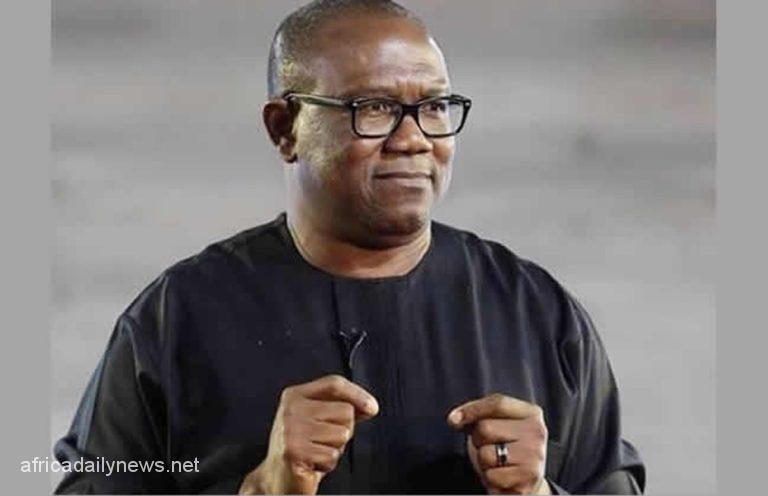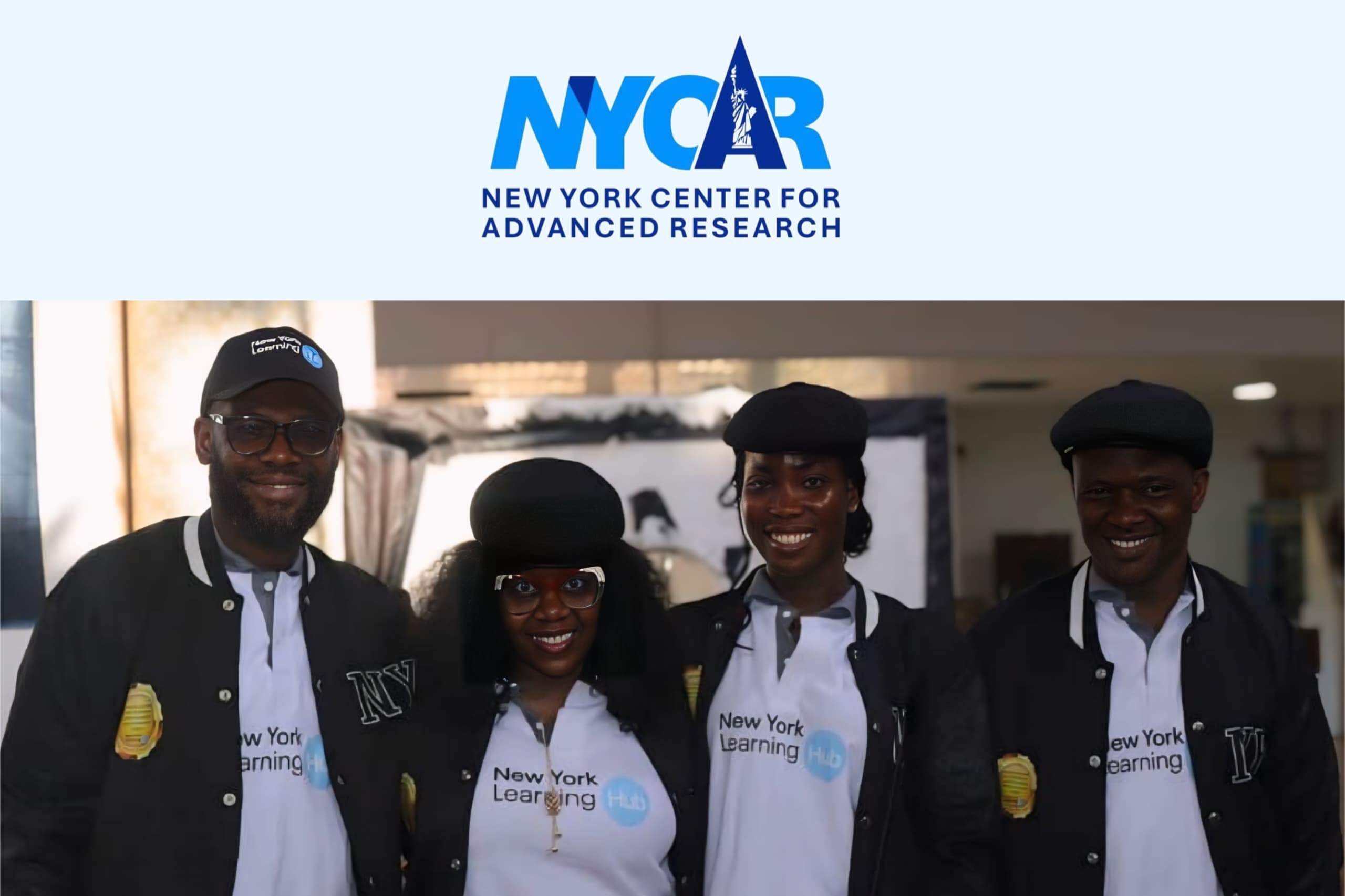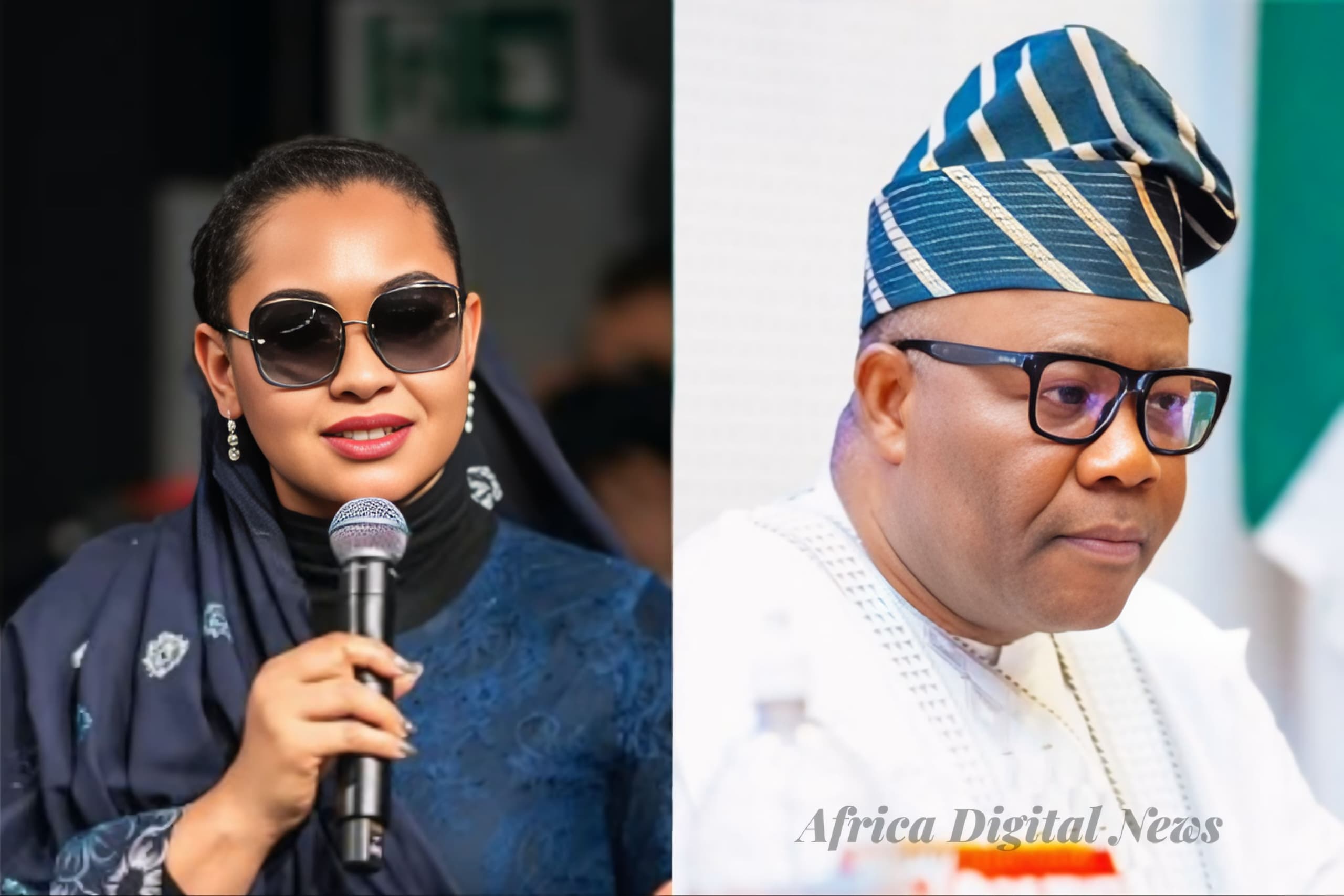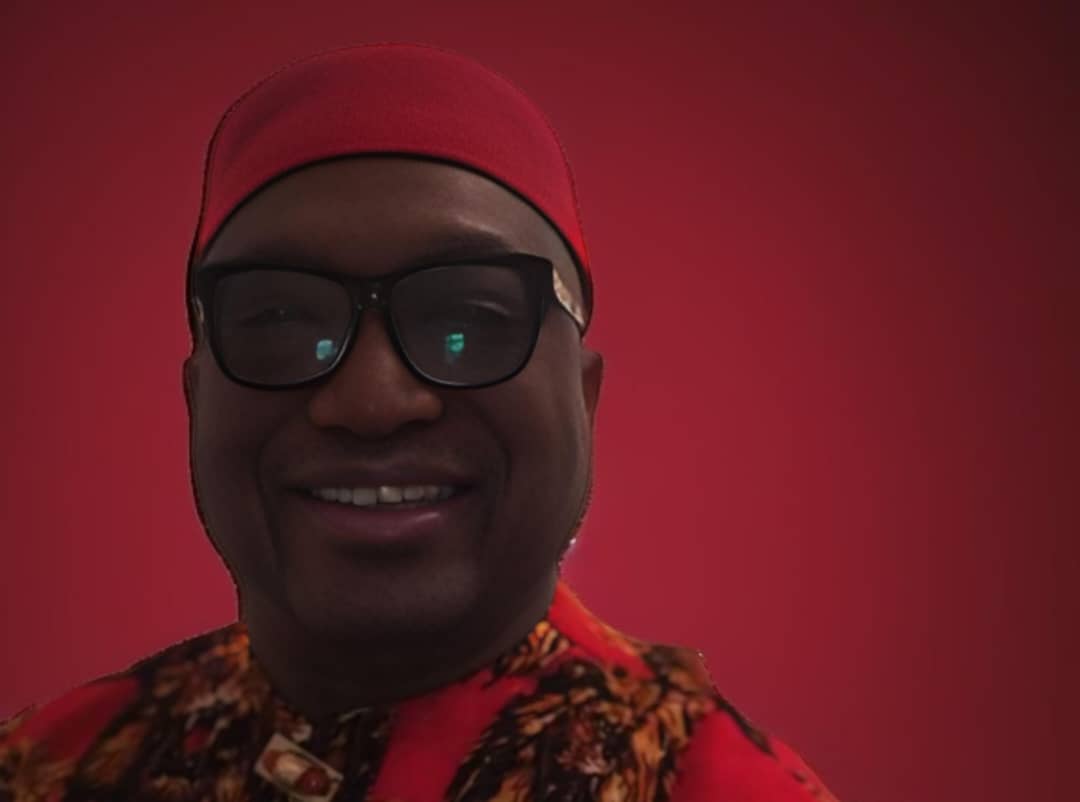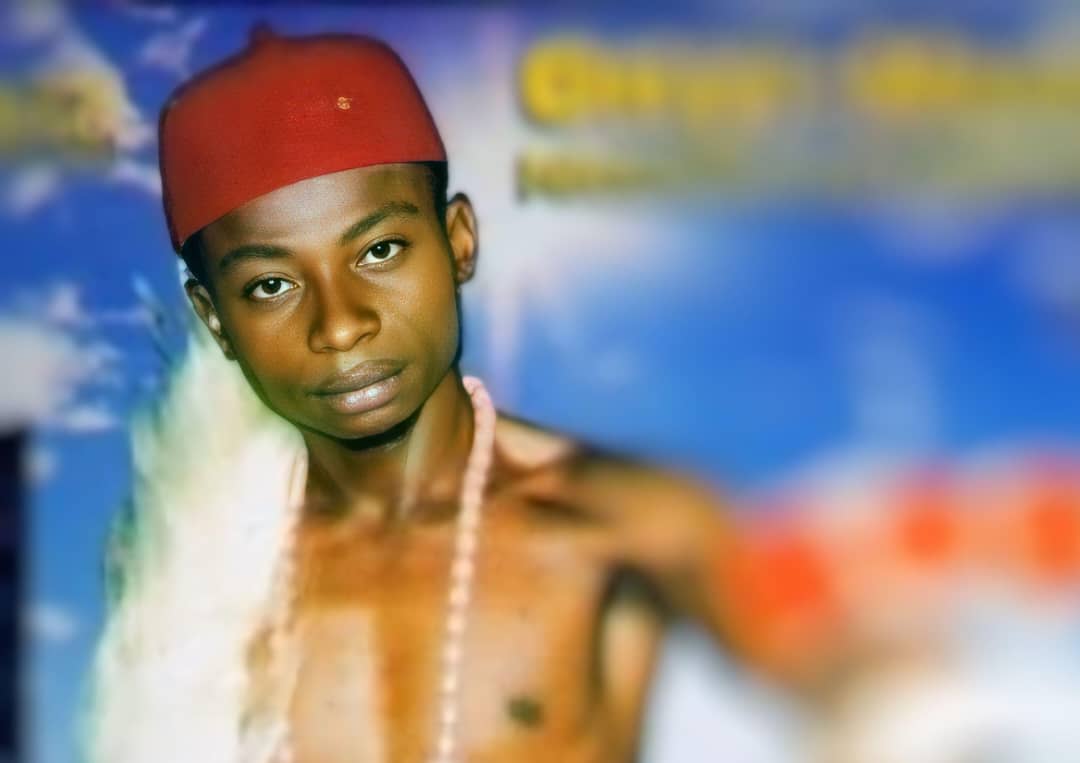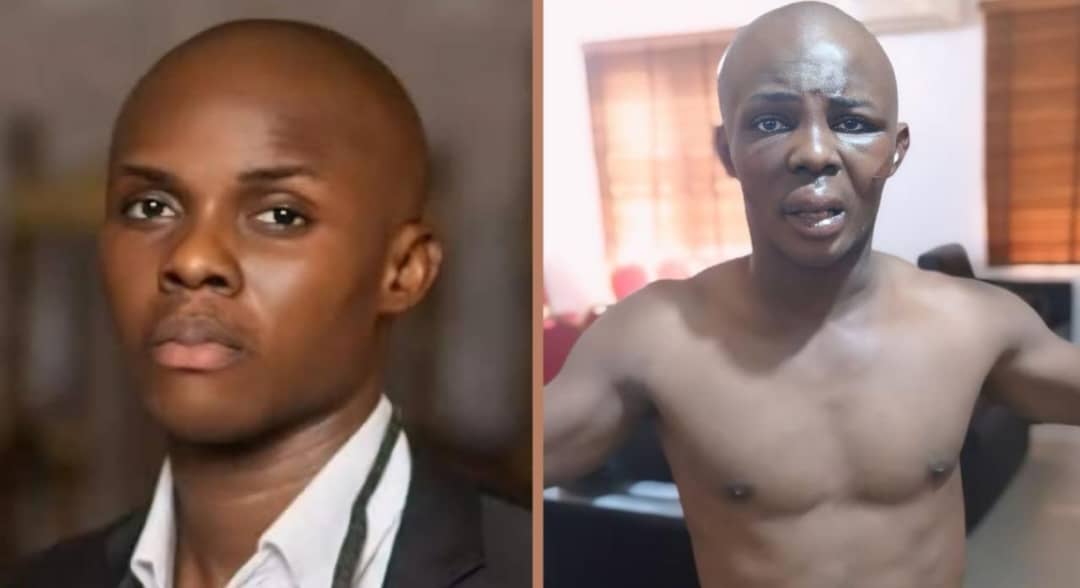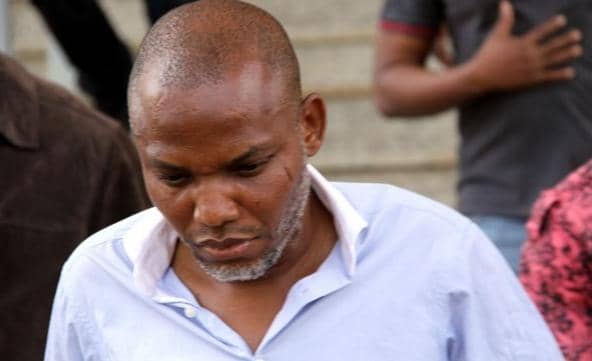Nigeria is once more on the path to holding another round of general elections, which would result in a complete rearrangement of the country’s leadership. As a result, new people, new political alliances, and alternative political realignments would emerge to govern what is left of the country, which has already been fragmented.
Citizens are already vying for votes for Mr Peter Obi of the Labour Party, Alhaji Atiku Abubakar of the People’s Democratic Party (PDP), and Asiwaju Bola Tinubu of the ruling All Progressives Congress. It appears that the enthusiasm to elect a ‘better’ leader who would resurrect the country and lead her citizens to the promised land is at an all-time high during this period (APC). But what the citizens of Nigeria don’t realise is that the cankerworm of insecurity and obvious corruption that is currently eating Nigeria from the inside out can not be solved by a thousand new presidents or a thousand more elections.
The situation in Nigeria is analogous to that of a sick sheep that is suffering from an ailment that can be treated with medication. The owners of the sheep, on the other hand, do not care about the sheep’s state of health or condition because the sheep continues to produce fleece and wool for them despite the fact that she is fighting for her life. Her owners are aware that her treatment is relatively simple to obtain, despite the fact that it is challenging to do so. As a result, they resort to other alternative methods of treatment and resuscitation in order to ‘keep the machinery running’ and ensure that she is barely alive so that she can continue to provide them with the fleece and wool that they require.
To put it more succinctly, Nigeria is a country that has been afflicted with a great deal of sickness and decay throughout her system. She is a country that is afflicted with the highest forms of corruption and crime, both of which originate from the highest echelon of leadership and work their way down to the lowest form of citizenship. She is a country that is suffering. Diverse ethnicities are not helping the situation, which is made worse by the fact that feelings of nepotism and tribalism are on the verge of tearing the country apart. Restructuring has been shown to be the only solution to this problem; however, each successive leadership has found a way to cover up the handwriting on the wall while opting for alternative methods or ‘cures’ to assist them in running the country in the interim, despite the fact that the country is on a short fuse that threatens to blow it up into smithereens. Time and time again, every subsequent leadership has found a way to blot out the handwriting on the wall.
Read Also: INEC Boss, Mahmood Expresses Worry Ahead Of Elections
When democracy in a country does not appear to be functioning properly, one of the most important solutions to pursue is restructuring. This is a solution that has a success rate of one hundred percent, judging by how well it has worked in other countries that have given it a shot. Restructuring is one of the most important solutions to pursue when democracy does not appear to be functioning properly in a country.
It is unfortunate to see that the natives of the geopolitical zone, who need the restructuring much more in the country, have chosen to ignore the cries for restructuring and pursue an alternative cure through the electorate solutions to air their numerous grievances in an effort to overhaul the leadership in a voting pattern that is driven by personal vendettas rather than vying for a permanent solution through restructuring. It is a voting pattern that is driven by personal vendettas, and not necessarily a movement for a definite solution.
For the general elections in 2023, the vast majority of natives in the southeast region and the south-south region have decided to back Peter Obi, a candidate for the Labour Party. By doing so, they are effectively placing all of their votes for Obi and throwing their support behind the Labour Party. When looking at this event through the lens of hindsight, it is difficult to deny the presence of a human factor in Peter Obi and his mandate. As a successful businessman and a former governor of the state of Anambra, Peter Obi can be considered someone who has dabbled in the world of leadership and emerged with a good track record to show for it. This is the opinion held by those who follow him. However, in terms of leadership in Nigeria, it is an altogether challenging landscape to navigate, particularly if you are in charge of directing the activities of Nigeria’s leadership.
The mantle has been assumed by a great number of individuals who have been dubbed “Saints,” but who have ultimately failed or disregarded the exact mandates for which they were elevated to the position in the first place. Why, then, should we put all of our hopes in Peter Obi when these regions might easily compete for reorganization that would alleviate their suffering and give them a voice in the running of the country?
Whether or if Obi is serious, if he truly cares about Nigeria’s future, he will recognize that he lacks the ability to fix the country’s existing challenges, which include everything from infrastructure development to endemic corruption. In the event that Obi is truly serious, he will be aware that he lacks the ability to tackle Nigeria’s current crisis considering the despicable Nigerian 1999 Constitution which will definitely incapacitate any incoming Nigerian President.
An insatiable desire for personal advancement is the only reason why a sane and an educated individual from southern Nigeria, particularly the southeast, would jump from one political party to another to compete in an election under this abhorrent Nigerian Constitution from 1999, which effectively disenfranchises the southern geopolitical zones of Nigeria. Because of a lack of restraint in ambitious pursuit, this is exactly what is happening.
Because most southerners should be vehemently opposed to the move, they’re instead cheering and yelling “Obidient” at this jamboree, which is both amusing and heartbreaking at the same time. It should come as no surprise that people receive the kind of leadership that they deserve.
Since the return of democracy in Nigeria well over 20 years ago, Nigerians, and particularly those from the Southeast, have struggled with their political destinies, thereby ushering in a leadership that has never really added value to them in the way that it ought to have. This has resulted in a succession of irresponsible leaders thus the need for Nigeria to completely embrace restructuring if she indeed wants a paradigm shift in her current precarious situation.

